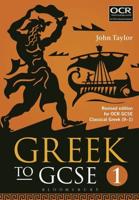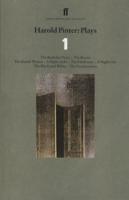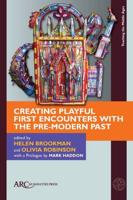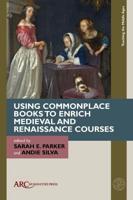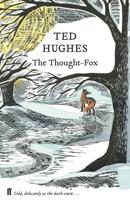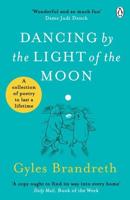Publisher's Synopsis
The historical novel has had a very interesting history itself. During the 19th century the historical novels of Scott, Hugo, Thackeray, Dickens, Tolstoy and a host of other writers enjoyed both popular success and critical admiration. Success has never really died out, but admiration has been another matter. During the 20th century, historical fiction began to be disparaged by critics who looked down on the genre and its elements of romance, adventure and swashbuckling. This disparagement reached such a pitch that Robert Graves, author of I, Claudius and Claudius the God, felt compelled to say that he wrote these novels only because of pressing financial needs. As the century wore on, the genre began to move in a variety of interesting ways and reached even larger audiences. Some critics have continued to look down on the genre, but a growing number of historical novels have begun to receive wide critical praise. The Roman historian Ronald Syme once wrote that narrative is the essence of history. What is the essence of historical fiction? Why does it continue to be such a popular and resilient genre? What is the history of historical fiction? What is its future?





